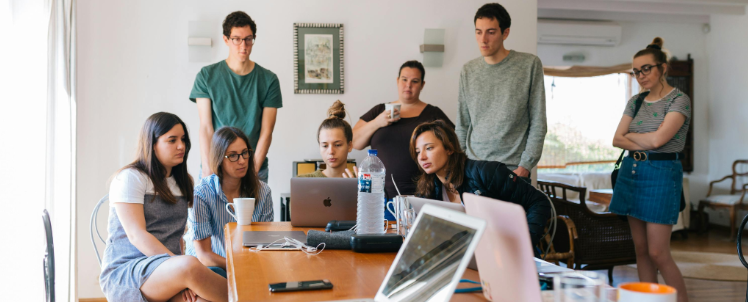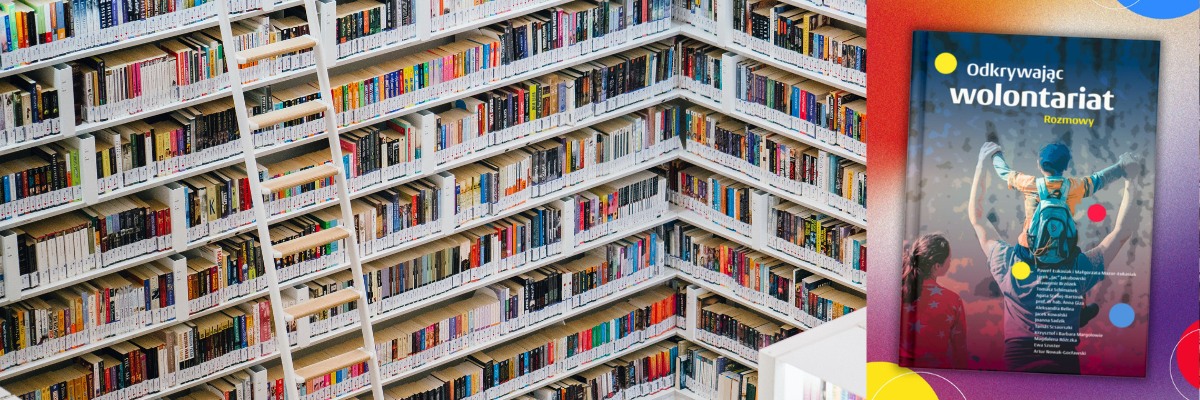Within the project we provide free and inclusive mathematics education for primary schools students. So far we have published materials which cover the entire curriculum from years 5 to 8. Along our work on active promotion of human rights to education and free information access, we have completed the project of free and inclusive education available at website with open access.
The webpage contains educational materials: multimedia presentations, interactive exercises and quizzes for pupils to solve individually. Education is developed in animated Microsoft PowerPoint program presentations, GeoGebra software and Scratch software; in Croatian language and partially in Serbian language. To each teaching unit one web page is dedicated. On such pages presentations to explain theory are first published and just below gradually solved mathematical problems are shown.
We plan to cover all necessary materials with exercises and quizzes, translate the materials into other languages and make them accessible to as many pupils as possible. Investment in human resources has also been emphasised by the European Union as one of the requirements in creating a modern knowledge-based economy. In addition to the positive impact on the market competitiveness and economy development, inclusive investment in human resources provides opportunities for children of the unemployed, poor or otherwise marginalised members of society.
Who are the e-volunteers?
Cooperation with other volunteers started about a year ago with releasing call for volunteers for further developing, translating and reviewing materials, and applicants from across the countries Croatia, Bosnia and Herzegovina, and Serbia responded.
Whom do they address the project to? Who is the recipient?
The project is intended for primary and secondary schoos students, who wish to acquire or establish basic mathematical knowledge. Recipients are mainly students from Serbia, Croatia, Bosnia and Herzegovina, Montenegro. States with numerous Croatian national minority (Germany, Canada, USA) also make significant visitors’ percentage.
How do they verify the e-volunteers’ competences before they start the co-operation with them?
As stated in our volunteer contract, people involved in project development have to have certain qualifications. For example, for translation of electronic material interested applicant has to have minimum one of the following:
– University graduates – a degree in the language they translate
– University graduates in a country where the language they translate is the official language or
– University graduates – native speakers of the language
Other voluntary positions we often require other, specific qualifications.
Volunteers are required to send their CV and are offered a volunteering contract.
How do they ensure the safety and the quality of the e-volunteers’ work?
In addition to the previous answer, we ensure the quality of our material by naming all the individuals that contributed to its development. Also, volunteers do not have timeframes to comply with, so they can take as much time as they need in order to be satisfied with the results. After they finish working on a file, they send it to the organisers who review it for any inappropriate content and publish it. Volunteers receive a link where that material is permanently published, with their references.
There is no diffusion of responsibility, and accountability is stated on or below each part of material.
In order to additionally confirm the quality of published materials, we started second expert review, and currently on about half of our presentations there are two expert reviewers.
Name of the organisation: Open Society for Idea Exchange (in Croatian: Otvoreno društvo za razmjenu ideja – ODRAZI)
Project title: Odrazi-se.org – animated primary school mathematics with open access
Website: www.odrazi-se.org




